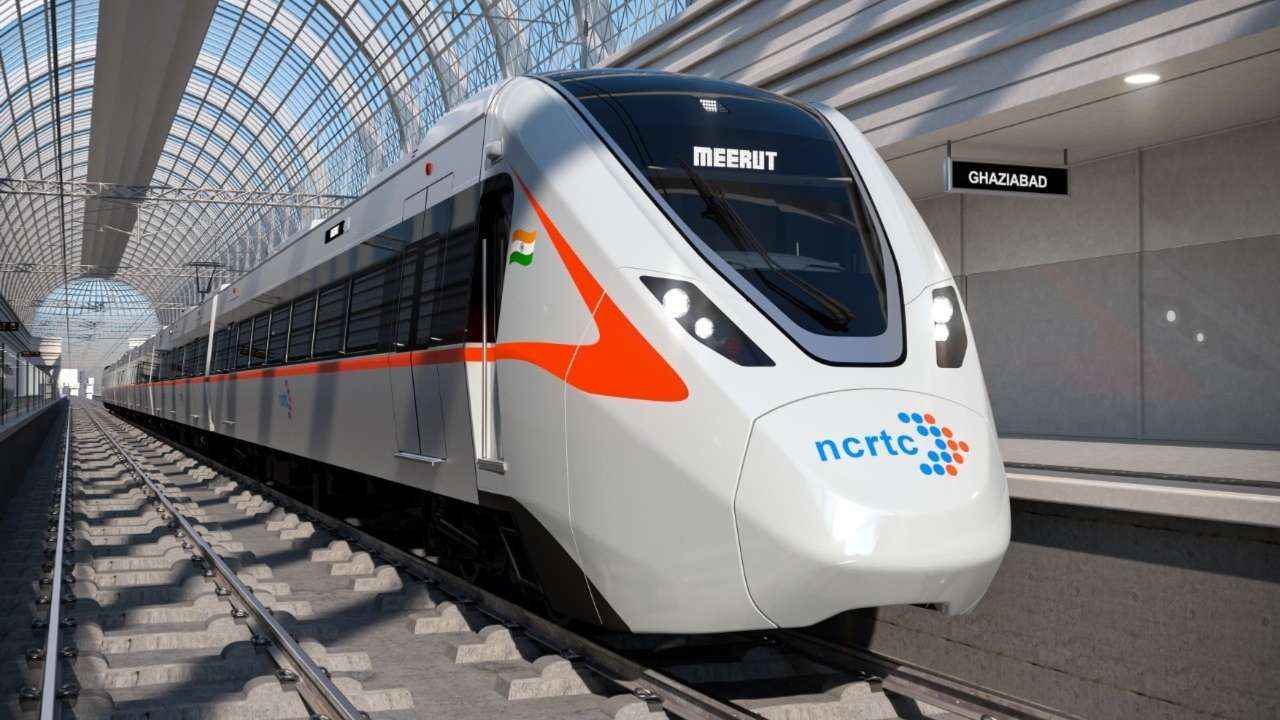The stations and train coaches of the rapid rail corridor between Delhi, Ghaziabad and Meerut will be designed to handle health emergencies and include lifts big enough to accommodate stretchers, wheelchairs and people as seen in hospitals, said a news report quoting officials. Any person travelling on the country’s first Regional Rapid Transit System (RRTS) will be able to reach big hospitals in Delhi NCR in 55 minutes without traffic or spending extra money usually spent on ambulances, the official added.
A senior official of the National Capital Regional Transport Corporation (NCRTC) said, “The entire infrastructure for the country’s first Regional Rapid Transit System (RRTS) is being designed to ensure that the network is compatible to handle rare medical emergencies. The designs of RRTS stations and train sets are compatible to accommodate wheelchairs and stretchers. This will also provide ease of access even for people who are specially-abled,” the official said, adding that the train coaches will have separate spaces for wheelchairs and stretchers.
The plans include building infrastructures, such as lifts escalators and platforms, to accommodate wheelchairs and stretchers and a green corridor to be provided without stops at intervening stations to attend to health emergencies.
To reach big hospitals like AIIMS or Safdarjung in Delhi from Meerut, Ghaziabad, Anand Vihar (railway station) or Sarai Kale Khan (Hazrat Nizamuddin railway station) for urgent medical attention, RRTS would be the most efficient and convenient mode of travel, helping save lives, the officer said.
Under the first phase, the rapid rail network will connect Delhi with Ghaziabad and Meerut in Uttar Pradesh. In Delhi, the station will connect Sarai Kale Khan, Ashok Vihar, Anand Vihar and Jangpura. In the second phase, the corridor will connect central locations in Delhi such as INA, Jorbagh, Munirka, Aerocity and the airport. “These stations will also facilitate seamless interchange with Delhi Metro stations to provide seamless connectivity,” said the official.
Beginning with a priority corridor to be launched next year, the complete 82-km stretch from Delhi to Meerut will be ready by 2025.


























